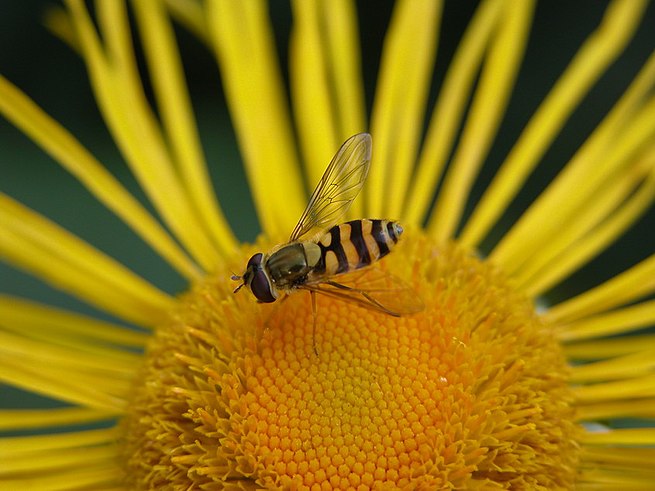
Main Difference
The main difference between Biology and Ecology is that the Biology is a study of life and Ecology is a scientific study of the relationships between living organisms
-
Biology
Biology is the natural science that studies life and living organisms, including their physical structure, chemical processes, molecular interactions, physiological mechanisms, development and evolution. Despite the complexity of the science, there are certain unifying concepts that consolidate it into a single, coherent field. Biology recognizes the cell as the basic unit of life, genes as the basic unit of heredity, and evolution as the engine that propels the creation and extinction of species. Living organisms are open systems that survive by transforming energy and decreasing their local entropy to maintain a stable and vital condition defined as homeostasis.Sub-disciplines of biology are defined by the research methods employed and the kind of system studied: theoretical biology uses mathematical methods to formulate quantitative models while experimental biology performs empirical experiments to test the validity of proposed theories and understand the mechanisms underlying life and how it appeared and evolved from non-living matter about 4 billion years ago through a gradual increase in the complexity of the system. See branches of biology.
-
Ecology
Ecology (from Greek: οἶκος, “house”, or “environment”; -λογία, “study of”) is the branch of biology which studies the interactions among organisms and their environment. Objects of study include interactions of organisms that include biotic and abiotic components of their environment. Topics of interest include the biodiversity, distribution, biomass, and populations of organisms, as well as cooperation and competition within and between species. Ecosystems are dynamically interacting systems of organisms, the communities they make up, and the non-living components of their environment. Ecosystem processes, such as primary production, pedogenesis, nutrient cycling, and niche construction, regulate the flux of energy and matter through an environment. These processes are sustained by organisms with specific life history traits. Biodiversity means the varieties of species, genes, and ecosystems, enhances certain ecosystem services.
Ecology is not synonymous with environmentalism, natural history, or environmental science. It overlaps with the closely related sciences of evolutionary biology, genetics, and ethology. An important focus for ecologists is to improve the understanding of how biodiversity affects ecological function. Ecologists seek to explain:
Life processes, interactions, and adaptations
The movement of materials and energy through living communities
The successional development of ecosystems
The abundance and distribution of organisms and biodiversity in the context of the environment.Ecology has practical applications in conservation biology, wetland management, natural resource management (agroecology, agriculture, forestry, agroforestry, fisheries), city planning (urban ecology), community health, economics, basic and applied science, and human social interaction (human ecology). For example, the Circles of Sustainability approach treats ecology as more than the environment ‘out there’. It is not treated as separate from humans. Organisms (including humans) and resources compose ecosystems which, in turn, maintain biophysical feedback mechanisms that moderate processes acting on living (biotic) and non-living (abiotic) components of the planet. Ecosystems sustain life-supporting functions and produce natural capital like biomass production (food, fuel, fiber, and medicine), the regulation of climate, global biogeochemical cycles, water filtration, soil formation, erosion control, flood protection, and many other natural features of scientific, historical, economic, or intrinsic value.
The word “ecology” (“Ökologie”) was coined in 1866 by the German scientist Ernst Haeckel. Ecological thought is derivative of established currents in philosophy, particularly from ethics and politics. Ancient Greek philosophers such as Hippocrates and Aristotle laid the foundations of ecology in their studies on natural history. Modern ecology became a much more rigorous science in the late 19th century. Evolutionary concepts relating to adaptation and natural selection became the cornerstones of modern ecological theory.
-
Biology (noun)
The study of all life or living matter.
-
Biology (noun)
The living organisms of a particular region.
-
Biology (noun)
The structure, function, and behavior of an organism or type of organism.
“the biology of the whale”
-
Ecology (noun)
The branch of biology dealing with the relationships of organisms with their environment and with each other.
-
Biology (noun)
the study of living organisms, divided into many specialized fields that cover their morphology, physiology, anatomy, behaviour, origin, and distribution.
-
Biology (noun)
the plants and animals of a particular area
“the biology of the Chesapeake Bay”
-
Biology (noun)
the physiology, behaviour, and other qualities of a particular organism or class of organisms
“human biology”
